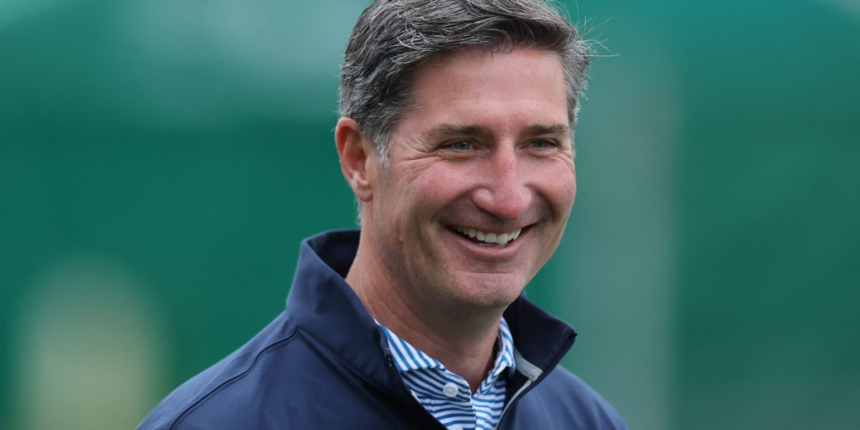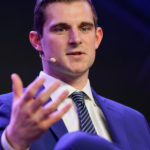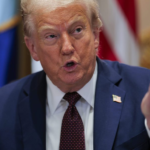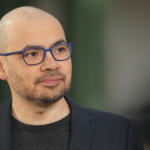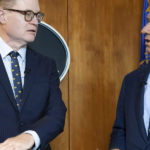We’ve all been there: Standing in our favorite coffee shop, orders flooding in. The collection area is noisy, crowded, and everyone’s drink except yours is being called out. The minutes tick by and you start to wonder, “Should I have just made one at home?”
This is precisely the situation Starbucks’s CEO, Brian Niccol, is determined to stamp out.
Niccol joined the Seattle-based coffee chain in September last year, promising to bring the American coffee giant back to its roots. Investors are yet to endorse the turnaround: The chain’s share price is down nearly 2% over the past year.
Undeterred, Niccol announced a new wave of investment last month focussed on operational standards and customer service.
This includes reshaping staffing hours to meet peak demand times, deploying technology to help organize drink-making more efficiently, and creating more space in the process for staff to interact with customers.
“I’ve said to our team, part of our turnaround is becoming the world’s greatest customer service company again,” Niccol said in the interview. “It’s centered on putting enough partners on the roster in the stores and then deployed correctly so they can provide that customer connection, that experience, that frankly Starbucks really was founded on.”
This renewed focus on speed is part of the “Green Apron Service” initiative which rolled out across all stores this week, which Starbucks writes “about making every visit feel personal.” That could be a “friendly smile, remembering your name, or making your day just a little bit better.”
Part of the headache Starbucks is how to balance mobile sales—which make up about 30% of orders—with drive-thru and counter sales. Under Starbucks’s previous CEO, Laxman Narasimhan, the coffee giant reported some of its disappointing sales were due to the fact the brand was too popular with morning commuters ordering via the app.
While Narasimhan identified the issue of off-putting wait times, it’s on Niccol’s watch that Starbucks is redressing the balance. Part of this includes the introduction of a new algorithm which will guide which orders get made in what order, so that in-person customers don’t have to wait and watch while mobile orders are prioritized.
The turnaround of a coffee giant with more than 32,000 stores across the world was never going to be rapid.
But some green shoots in the business’s fundamentals can be seen. In Q3 2025, for example, global store sales declined 2%, driven by a 2% decline in comparable transactions, but were partially offset by a 1% increase in the average ticket. A year prior, global comparable store sales had declined 3%, driven by a 5% decline in comparable transactions, which was partially offset by a 2% increase in average ticket.
Likewise, in Q3 2025 consolidated net revenues increased 4% to $9.5 billion, while in Q3 2024 those net revenues declined 1% to $9.1 billion.
Niccol’s policies have received a mixed reaction from customers and staff.
For example, the company decided in January to reverse its open-door policy, meaning only paying customers were allowed to use its restrooms.


